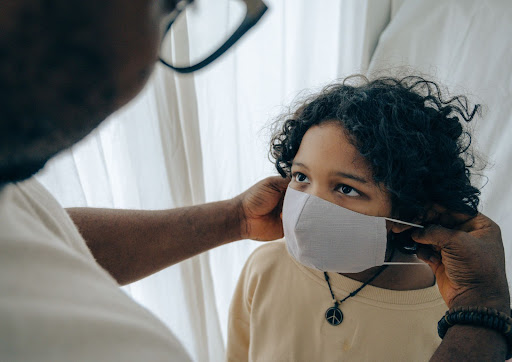A hospital visit is a trip that can instill dread in the best of us. Why? Who wants to go through all the frustrating paperwork, booking a session with the doctor, hefty hospital fees, and then getting only a few minutes to talk to the doctor face-to-face? This long process is the reason why people hate the thought of going to a hospital.
It may be exhausting but we can’t undermine our health right? So is there any alternative way that will give us much-needed healthcare without going through all the torture?
The answer is Direct Primary Care.
Direct Primary Care (PDC) is an alternative healthcare model that neglects any third-party payers and organizations like hospitals. The primary focus is on direct and more comprehensive health to patients. It is a monthly membership program, much like a gym subscription.
Here are some of the pros and cons of this latest healthcare model:
Pros of Direct Primary Care
Direct Primary Care can be an extremely suitable choice for healthcare for the following reasons:
More Comprehensive Patient-doctor sessions
In the traditional healthcare system, if going to hospitals and booking appointments with doctors, people feel like they don’t get enough time with the doctor to discuss their health-related problems.
In Direct Primary Care, you can get more time to have in-depth sessions with your healthcare provider. You can have face-to-face sessions with the doctor or you can have appointments virtually via voice, video call, or test messages.
You are not bound to discuss only one healthcare issue but can talk about many different problems at a time with your physician.
Better Analysis by Doctor
Because patients get more time with doctors in direct primary care, doctors can analyze patients better. This can efficiently improve their diagnosis as the doctor will be able to discuss more issues and observe and analyze more. This benefit is not available in the traditional healthcare model. Visit Craft Concierge and see more.
Accessibility and Convenience
Direct Primary Care is a more accessible and conversational procedure for patients. It is not only hassle-free but also provides patients with easy and accessible, primary healthcare.
An Expected Monthly Payment
In the traditional healthcare model, a hospital visit can give you a mini heart attack when you get the bills. Direct Primary Care avoids this uncertainty and inconvenience. Every month you pay a little fixed amount to the program. This fee may not be too much but it covers all of your primary health concerns. The primary health concerns include bumps, bruises, cuts, and even vaccines.
Rescheduling Appointments
As a subscription to DPC, you get a more convenient way to book an appointment with the doctor. You can also reschedule your appointment at any other time on the same day, or another day. This is not available in the traditional healthcare system. For every single assignment, you need to wait for a long time.
Selection of a Doctor
In most Direct Primary Care models, you get the option to choose a doctor that you want to book appointments with. You are free to choose a doctor who is more trusted by you. In this way, you get a more reliable session with the Doctor and will feel more confident in your healthcare system.
Cons of Direct Primary Care
Although there are numerous pros to the new healthcare model, there may be some setbacks too. Following are some of the cons of direct primary care:
Only primary care
Direct Primary Care can be a great model but people dread going to the hospital. The issue is that the healthcare provided by direct primary care is only very basic and primary care. This includes some bruises, cuts, infections, and inspections. It fails to provide care for other complex procedures.
The Need for Hospitals remains
As direct primary care covers all primary health concerns, you will still need to visit a hospital in the case of a bigger much more complex issue. Or when you have to undergo any procedure or test. So maybe that dreadful hospital visit can’t be avoided completely.
No Insurance
Direct Primary Care does not accept any third-party payers like health insurance. Hence direct primary care does not cover all aspects of healthcare except the very basic ones. It will be a wise decision to keep healthcare insurance as well for any emergency like accidents.
Summary
In conclusion, Direct Primary Care (DPC) offers a compelling alternative to the traditional healthcare model, with several distinct advantages. It prioritizes comprehensive patient-doctor interactions, allowing individuals to have more meaningful discussions about their health concerns. Extended time with physicians fosters better analysis and diagnosis, leading to improved healthcare outcomes. DPC is also highly accessible and convenient, offering an expected monthly payment structure that eliminates the shock of hefty hospital bills. Patients can easily reschedule appointments and select a trusted doctor, enhancing their overall experience.







